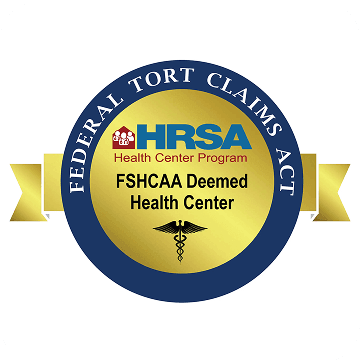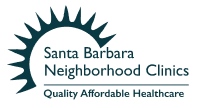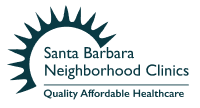Schedule Your Visit Now:
Call
Call
Stay informed with the latest news and updates from SBNC

This entity receives HRSA Health Center Program grant funding under 42 U.S.C. § 254b and has been deemed a Public Health Service employee for purposes of certain liability protections, including Federal Tort Claims Act coverage, under 42 U.S.C. § 233(g)-(n).

